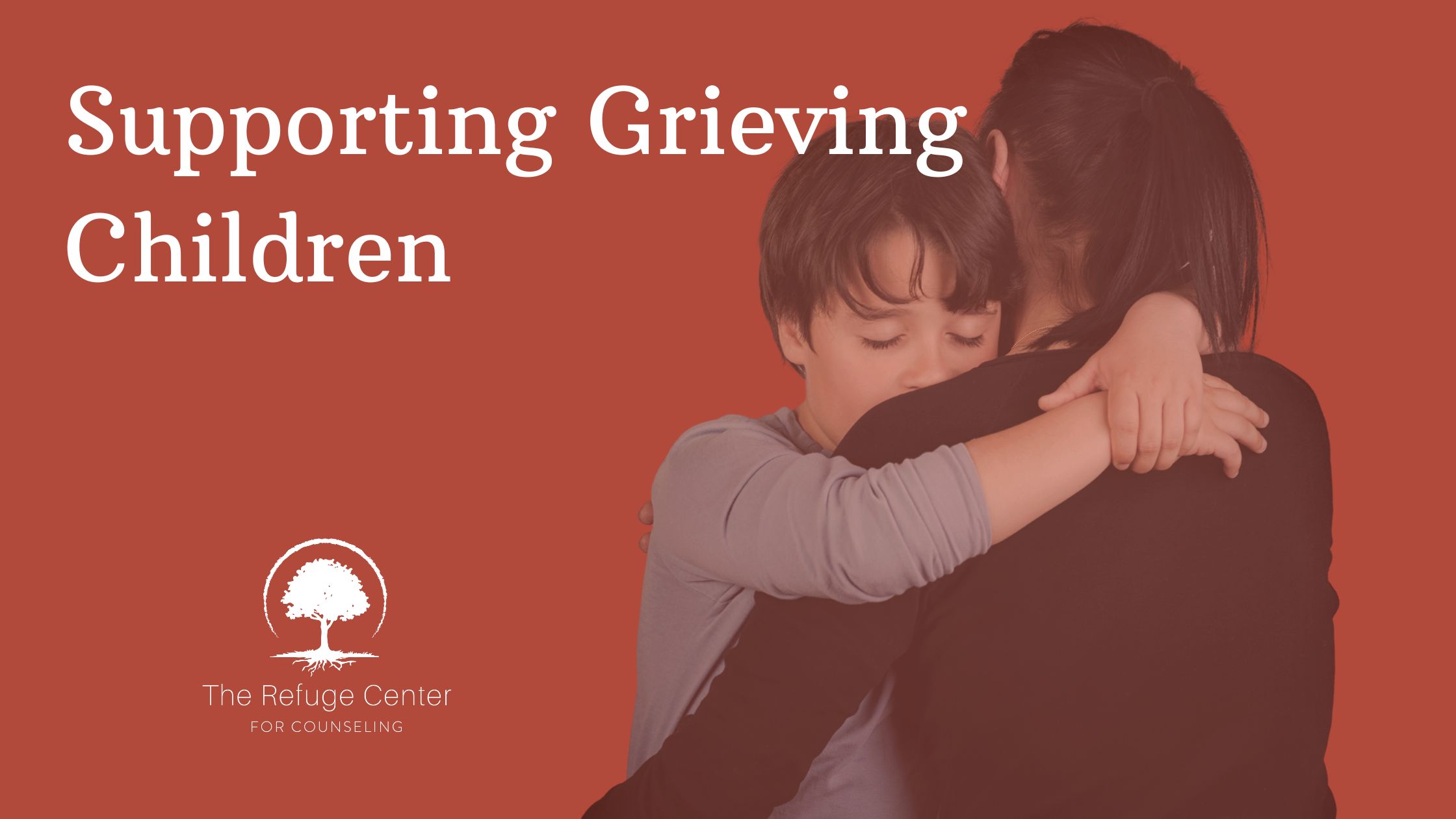“There’s nothing like deep breaths after laughing that hard. Nothing in the world like a sore stomach for the right reasons.”
― Stephen Chbosky, The Perks of Being a Wallflower
There I was, at the end of my day, shopping for groceries with my partner. We had successfully made it through each aisle without buying more than we had gone in for and were ready to head toward the checkout. Now, this is where the people who design grocery store layouts hook me. Because they purposely put all of the sugary and sweet treats or drinks up front for me to walk past and I simply cannot say no to an ice-cold bottle of Mountain Dew. So, caving to my craving, I decided to grab a bottle and return to the task of ringing everything up. To my surprise, as I was preparing to scan the Mountain Dew I picked out, I realized that I had grabbed the diet option instead of what my heart really wanted in the moment (Mistake #1). Not wanting to hold up the checkout line, and with the bottle of soda in hand, I decided to run back to the fridge of drinks so that I could make a hasty swap-a-roo *definitely a real word*… (Mistake #2) ….Suddenly, in what felt like an instant, I was not only in the air but rapidly falling back to the ground. Yes, I fell….right on my butt! and right in front of several people. I was so surprised in the moment that, after I got back to my feet, I grabbed my new drink and started laughing as I walked back to the checkout. Where, meanwhile, my partner had been scanning other groceries – blissfully unaware that I had just auditioned for an episode of Wipeout on aisle one. I told her what had happened once we made it to the car, and we couldn’t help but laugh together as I felt the soreness of falling start to kick in.
How wild, I thought…how unexpected. After a long day of working and adulting, there I was laying on the floor of a Kroger because I was running without thinking. What would my mom say?!
In spite of the temporary embarrassment that comes with falling in public, I have looked back on my slip up several times these past few weeks and find it funnier and funnier the more that I replay the moment in my mind. It was if I had found myself in the scene of a movie where the frame freezes on the main character as the narrator says, “well, you’re probably wondering how I wound up here.” Truthfully, it wasn’t the fall itself that made me laugh (cause I did feel pretty sore for a few days afterward) but a concert of reasons that I think everyone could either appreciate or relate to in some way.
Pain/Relief
You see, it had been a really long day by the time that I had made it to the store, and I was hoping for nothing more or less than a quiet evening. The pressure of having to be different places and fulfill multiple responsibilities had built up, and – in my mind – a cold bottle of Mountain Dew was just the self-care treat that I wanted to unwind with. So, naturally, one might expect a person such as myself to be visibly upset after falling… but that isn’t what happened.
Instead, I looked around at the people nearest to me and…I laughed!!
How come? … Well, it turns out that people have been interested in why/how people find humor in seemingly unfunny moments for quite a long time. In fact, in his article On the Physiology of Laughter, philosopher Herbert Spencer (1911) theorized that such laughter is the release of “nervous energy” or the energy of emotions which have been found to be “inappropriate” (i.e., not useful). In other words, the energy I released while laughing after falling was really the energy that had not only become stored up within me throughout the day but also the energy that could have – in other cases – fueled a much angrier response. From Freud’s (1905) perspective, humor may be viewed as the energy of feeling emotions; and my laughing in the moment was simply a different way for me feel the pent-up frustration of my day. Similar to when someone unexpectedly laughs after spilling something on themselves or jokingly says “lucky me!” as they move bumper to bumper on the freeway. In my case, while I could have aired my frustration by raising my fists to the heavens or perhaps even directed my emotions inward through negative self-talk, my body and brain made a decision for me in that moment… “laugh it off, bud!”
Learning to Laugh
Of course, my brain and body haven’t always known that laughter is even an option in those moments. That is, like you and everyone who reads this, I have a human brain that not only has a tendency to lean toward the negative but is pretty good at identifying all that could be negative. The reason being that the emotional command center of our brains, known as the amygdala, was the first to develop out of a need to survive in the midst of ever-changing environments and ever-present threats. Even still, all these years later, this tiny yet powerful piece of our brains is quicker to interpret the rustling of bushes as a potential bear attack than a cute little puppy who’s wandering through the woods (it’s possible, there could be a puppy!).
Fortunately, for you and me, those default settings can be adjusted over time so that we respond in more of the ways that we want to! As Viktor Frankl (1984) once noted, “between stimulus (i.e., trigger) and response there is a space. In that space is our power to choose our response. In our response lies our growth and our freedom.” That growth, however, comes with time and practice and (most importantly) patience with ourselves.
Teenage me, for instance, would have seen my stumble in the store as a world ending level of embarrassment. It took some time, and not so fun(ny) experiences, for me to expand the list of behavioral options I felt were available to me when I was dealing with emotions I didn’t know how to express. Thankfully, I spent a lot of that time watching funny shows or movies and taking advantage of opportunities to laugh with friends who were similarly struggling to figure out what it meant to be a person at 15…16…17. Little did I know that, as I kept laughing, I was teaching my brain a new trick; one that allows me to process what I am experiencing without letting it impact my mood or even behavior.
Did you know that laughing—even fake laughing—for just one minute a day “dampens stress, eases pain, lowers blood pressure, stokes your immune system, and brightens your mental outlook” (Robinson, 2020). Even better, from what I’ve seen in my own life and the lives of those I work with, humor has the capacity to bring us closer to others; reminding us that we are not alone and helping us to see that the mountain we’ve been climbing is also home to beautiful life. What can be difficult to keep in mind as we continue to climb familiar mountains, however, is that there are views we haven’t seen yet.
It’s All Improv
Interestingly, studies have shown that the parts of our brain which regulate emotion are strongly connected to those which regulate both learning and the storage of memory as well (Tyng et al., 2017). In other words, when something occurs that results in us feeling embarrassed – like texting/emailing the wrong person or falling in public – our brains bring us back to the past and remind us of all the similarly embarrassing things we’ve ever done; leading us to behave as if what happened then is what is happening now. In reality, however, each experience that we encounter is more likely to be unlike anything before it. While our brains would prefer to have a script and to know how things will go from one scene to the next, our daily lives are more like an exercise in improvisation. Meaning that, more often than not, we are entering into and engaging with each moment as best we can because there is no reference point to pull from. When life becomes increasingly stressful, as it has the tendency to do, our ability to quickly decide our next moves weakens and the list of options we believe to be available to us shrinks drastically. In these moments, the brain innocently chimes in and says “Hey, I know exactly what’s going on!”
Unfortunately, even though there may be similarities between situations, we find ourselves not just recalling a memory from our past but experiencing the feelings attached to the memory as well; making it difficult for us to approach a somewhat similar situation from a different point of view. The beauty of improv, fortunately, is in the art of going with the flow and allowing the scene to unfold as it may. That is, those who practice this comedic exercise train themselves to respond to a scene or situation with a “Yes, and” attitude. Rather than reacting to the unexpected or undesirable by shutting down or becoming defensive, a “Yes and” approach (which conveniently fits between a trigger and our response) allows us to receive what has happened while continuing to move forward.
In the context of my situation at the store, I am able to find humor in falling because it seems like such a human thing to have done. We have all found ourselves on slippery ground from time to time, falling when we didn’t expect to. Allowing ourselves the pleasure of laughing as we dust ourselves off can remind our brains (and hearts) that enjoying the experience of life is still an option despite the moments we find that hardest to believe.
So, get out there and give it what you’ve got. Let it all be new to you and let yourself laugh along the way. Even if it’s on your way up from the ground. Some days may be harder to laugh than others, and that’s okay too. If you are finding it difficult to feel happy or hopeful about the future, reach out for a helping hand at The Refuge Center by contacting us today. You may do so at
References
Aladesuyi, O., & Nguyen, A. (2022, November 29). The rules of Improv can make you funnier. they can also make you more confident. NPR. https://www.npr.org/2022/10/19/1129907651/improv-can-build-confidence-heres-how-to-apply-it-to-your-everyday-life
Chbosky, Stephen. (1999). The perks of being a wallflower. New York :Pocketbooks
Frankl V. E. (1984). Man’s Search for Meaning. New York, NY: Washington Square Press.
Heather S. Lonczak, Ph. D. (2023, October 9). Humor in psychology: Coping and laughing your woes away. PositivePsychology.com. https://positivepsychology.com/humor-psychology/#theories
Morreall, J. (2020, August 20). Philosophy of humor. Stanford Encyclopedia of Philosophy. https://plato.stanford.edu/entries/humor/#RelThe
Robinson, B. (2020, April 23). How humor can uplift your spirits during Hard Times. Psychology Today. https://www.psychologytoday.com/us/blog/the-right-mindset/202004/how-humor-can-uplift-your-spirits-during-hard-times
Tyng, C. M., Amin, H. U., Saad, M. N., & Malik, A. S. (2017). The influences of emotion on learning and memory. Frontiers in Psychology, 8. https://doi.org/10.3389/fpsyg.2017.01454




